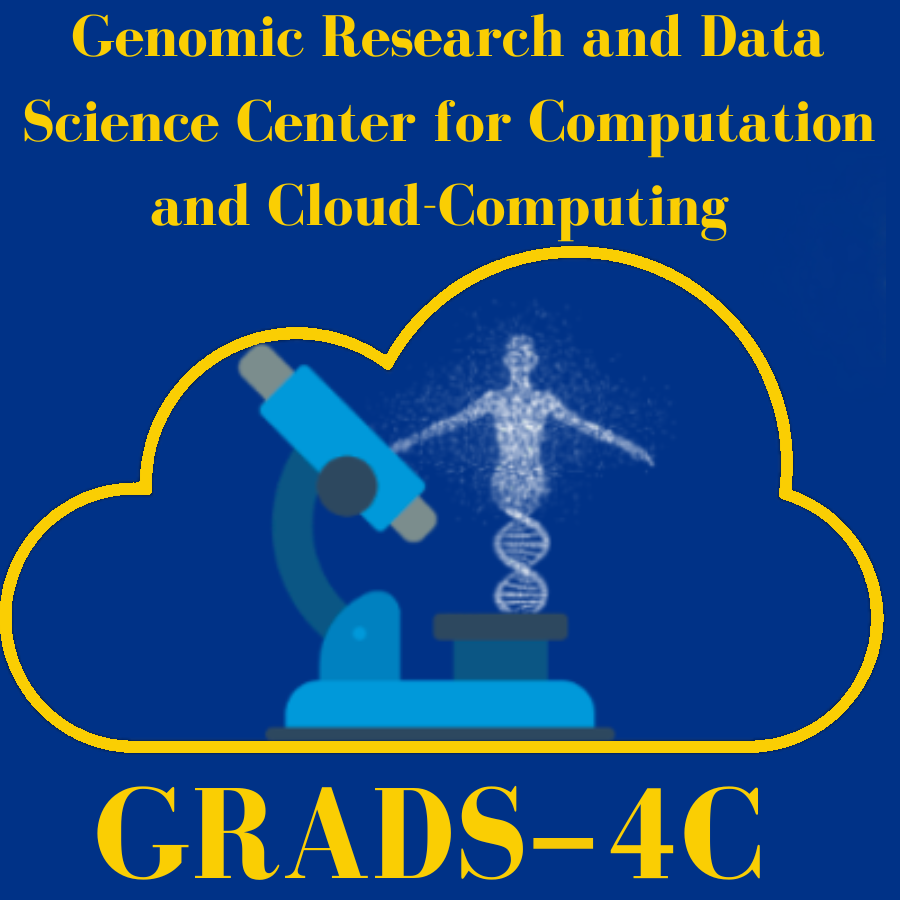
Sequence Read Archive (SRA)
https://www.ncbi.nlm.nih.gov/sra
SRA indexes RNA or DNA sequence alignments from high throughput sequencing studies. This is the largest publicly available repository of raw high throughput sequencing data and alignment information. Contains data from all branches of life, as well as metagenomics and environmental surveys. Analysis of this data can facilitate new discoveries based on new questions.
GEO Datasets
https://www.ncbi.nlm.nih.gov/gds
GEO includes epigenomic experiments (e.g., ChIP-seq) as well as other molecular genomic data. Contains curated gene expression datasets, as well as additional resources that include cluster tools and differential expression queries. Enter relevant search terms to locate experiments of interest.
Database of Genotype and Phenotype (dbGaP)
https://www.ncbi.nlm.nih.gov/gap/
Archives and distributes the data and results of studies that have investigated the interaction of genotype and phenotype in humans. The information includes genome-wide association studies, medical sequencing, molecular diagnostic assays, as well as association between genotype and non-clinical traits. Two levels of access, open and controlled, do exist.
NCI Genomics Data Commons Portal
https://portal.gdc.cancer.gov/
This provides a data service supporting the receipt, quality control, integration, storage, and redistribution of standardized cancer genomic data sets derived from various legacy and active NCI programs. The NCI large-scale cancer genome research programs include The Cancer Genome Atlas (TCGA), Therapeutically Applicable Research to Generate Effective Treatments (TARGET), and the Cancer Genome Characterization Initiative (CGCI). This unified repository and cancer knowledge base thus enables data sharing across cancer genomic studies in support of precision medicine.
EMBL's European Bioinformatics Institute (EBI) European Nucleotide Archive (ENA)
https://www.ebi.ac.uk/ena/browser/home
This is an open supported platform for the management, sharing, integration, archiving and dissemination of sequence data. The data coordination partnerships span the life sciences, covering such areas as livestock genomics, marine biotechnology, biodiversity, pathogen surveillance and stem cell biology.